Science News: Recent scientific discoveries and expert analysis
Latest news
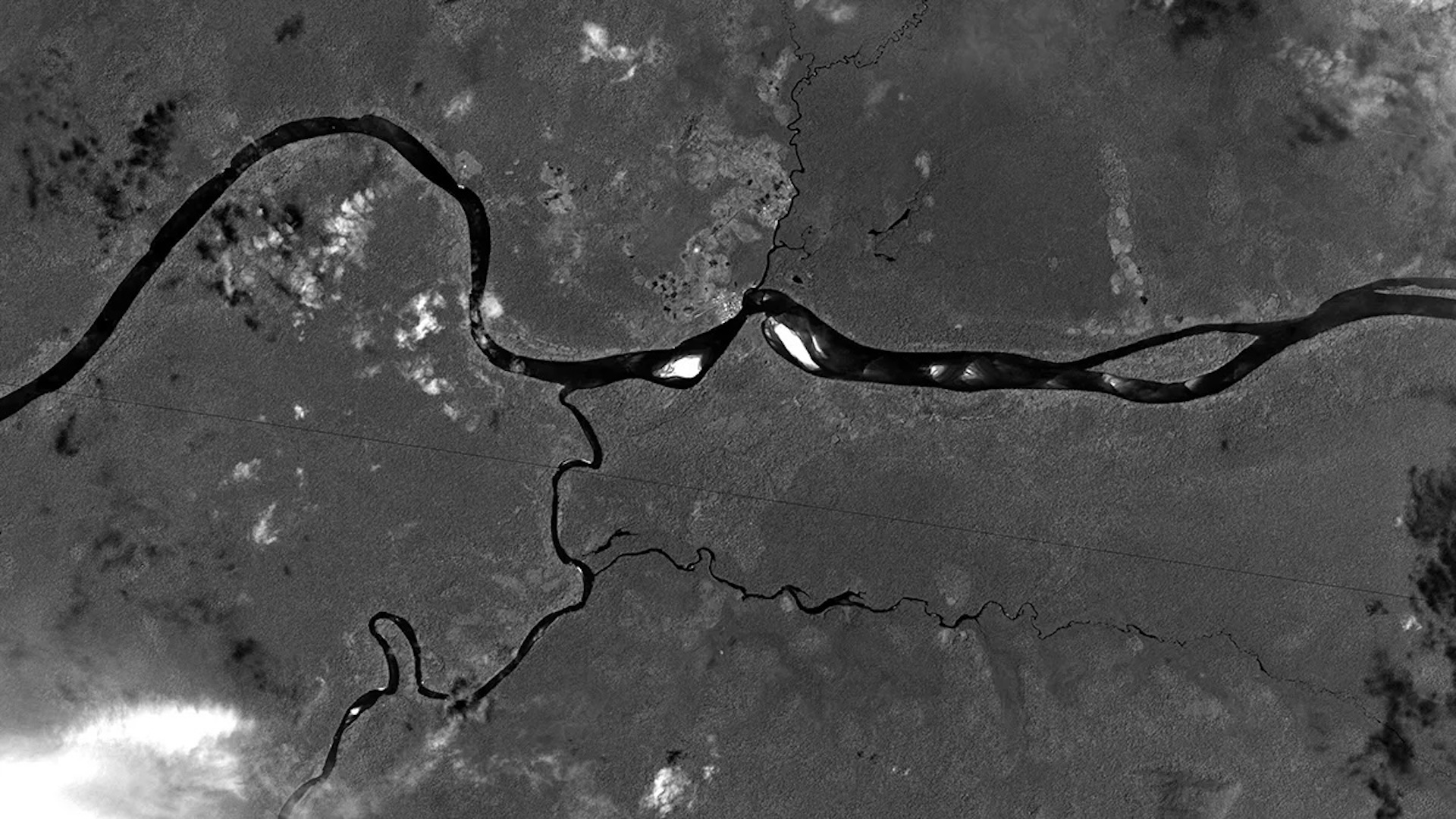
Scientists say these North American rivers 'shouldn't exist.' Here's why they do.
By Rebecca Dzombak, Eos.org published
At first glance, these waterways make no sense. A new review article details why they are the way they are.
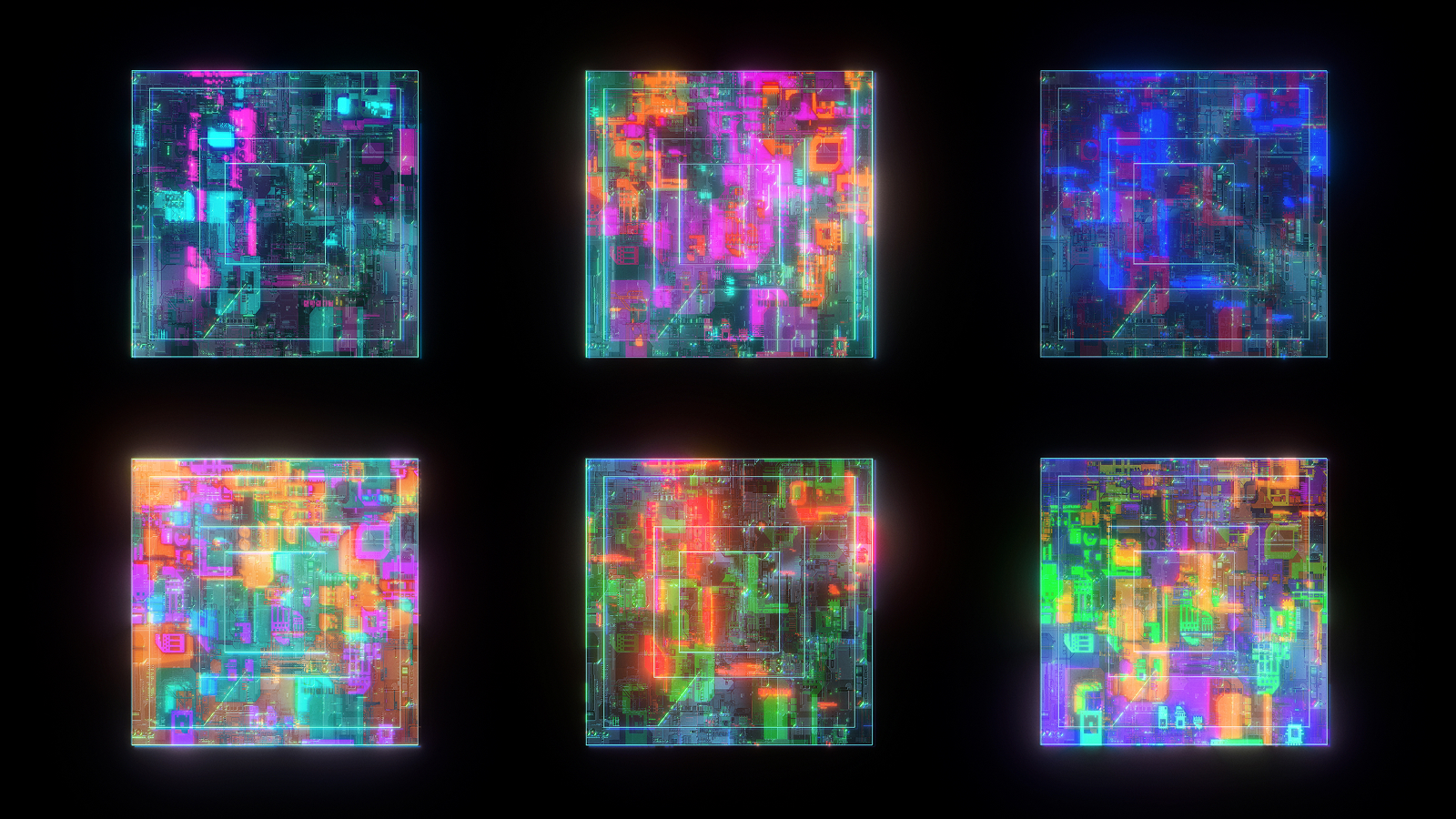
MIT 'remote entanglement' discovery could lead to scalable 'quantum supercomputers'
By Alan Bradley published
A new device enables remote entanglement, allowing distant quantum processors to communicate with one another with reduced error rates.

4,000-year-old burial of elite woman with ostrich fan reveals world's oldest known evidence of head straps
By Owen Jarus published
Around 4,000 years ago, women in Nubia were using tumplines, a form of head strap, to carry around goods and young children.

$3 million Breakthrough Prize awarded to developers of Ozempic-style drugs
By Emily Cooke published
Five researchers have been jointly awarded one of this year's Breakthrough Prizes in Life Sciences for their contributions to the development of Ozempic-style drugs.

$3 million Breakthrough Prize goes to scientists that completely changed our understanding of multiple sclerosis
By Nicoletta Lanese published
Two prominent scientists who study multiple sclerosis — Dr. Alberto Ascherio and Dr. Stephen Hauser — are co-winners of a 2025 Breakthrough Prize in Life Sciences.
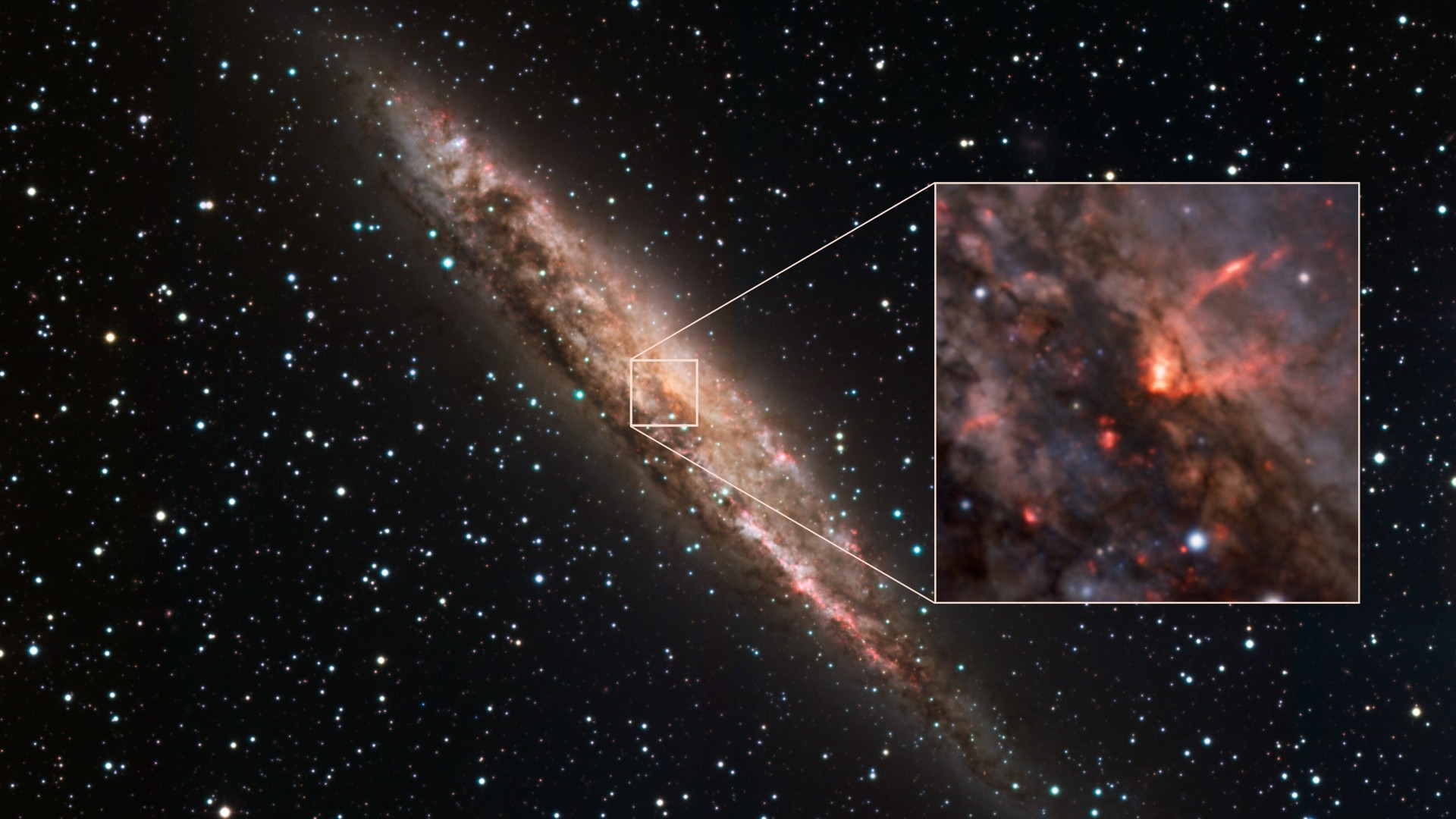
Incredible photo shows supermassive black hole blowing a jet of matter into interstellar space
By Samantha Mathewson published
A spiral galaxy known as NGC 4945 exhibits powerful winds of material blowing from the supermassive black hole located at its core in a new photo taken by the Very Large Telescope in Chile.
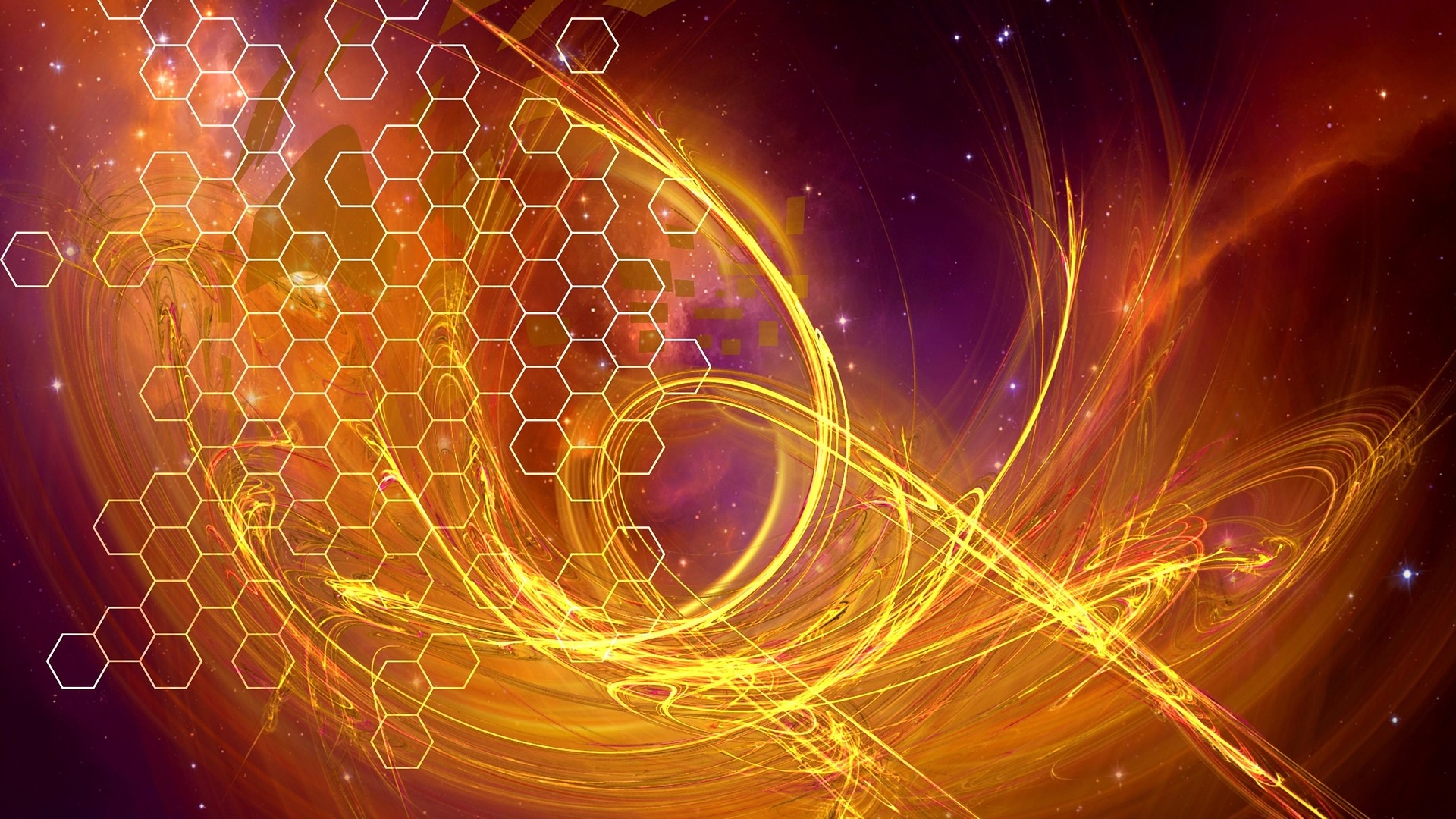
Scientists claim to find 'first observational evidence supporting string theory,' which could finally reveal the nature of dark energy
By Andrey Feldman published
Physicists have proposed a new model of space-time that may provide the 'first observational evidence supporting string theory,' a new preprint suggests.

Nvidia's mini desktop supercomputer gets launch window
By Alan Bradley published
The new DGX machines are portable but powerful enough to drive complex AI modules and research, with processing capabilities previously only available in data centers.

Stunning reconstruction reveals warrior from ancient Siberia
By Tom Metcalfe published
A new full-body reconstruction depicts a warrior wearing armor and holding weapons, all of which were found in a 4,000-year-old burial in Siberia.

How public key cryptography really works, using only simple math
By John Pavlus published
The security system that underlies the internet makes use of a curious fact: You can broadcast part of your encryption to make your information much more secure.
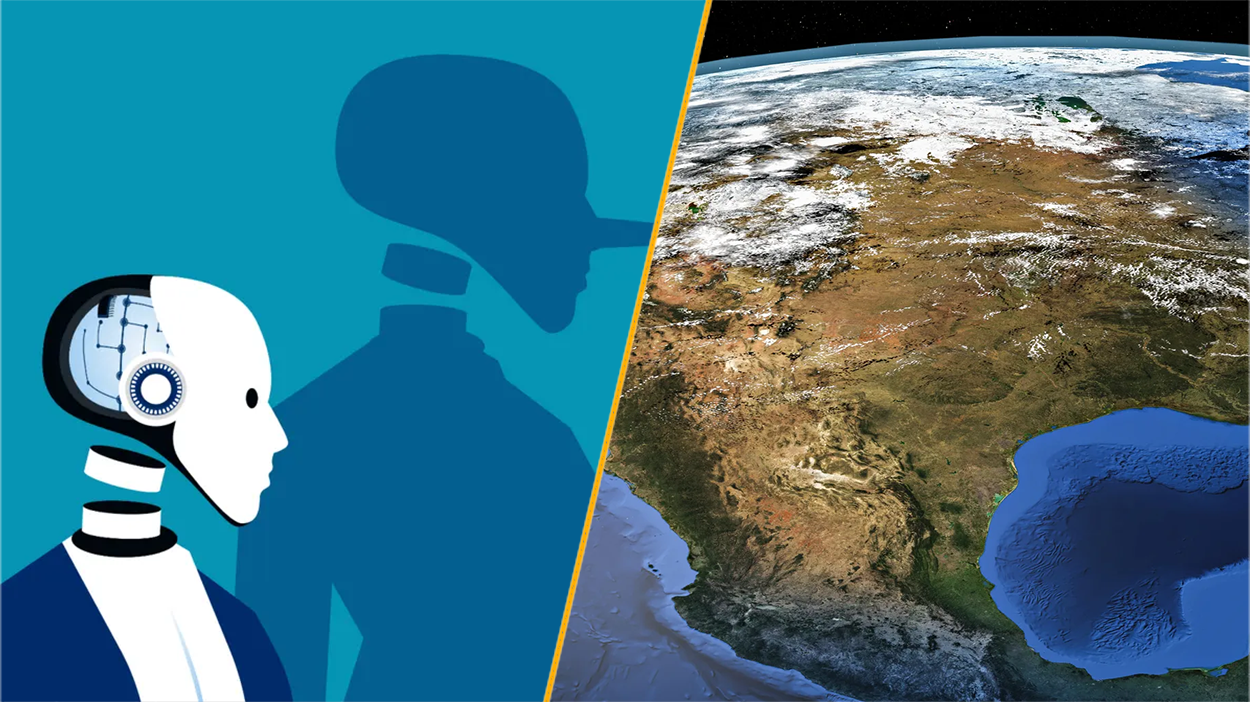
AI lies, 'dripping' North America and more.
By Pandora Dewan published
Science news this week April 5, 2025: Our weekly roundup of the latest science in the news, as well as a few fascinating articles to keep you entertained over the weekend.
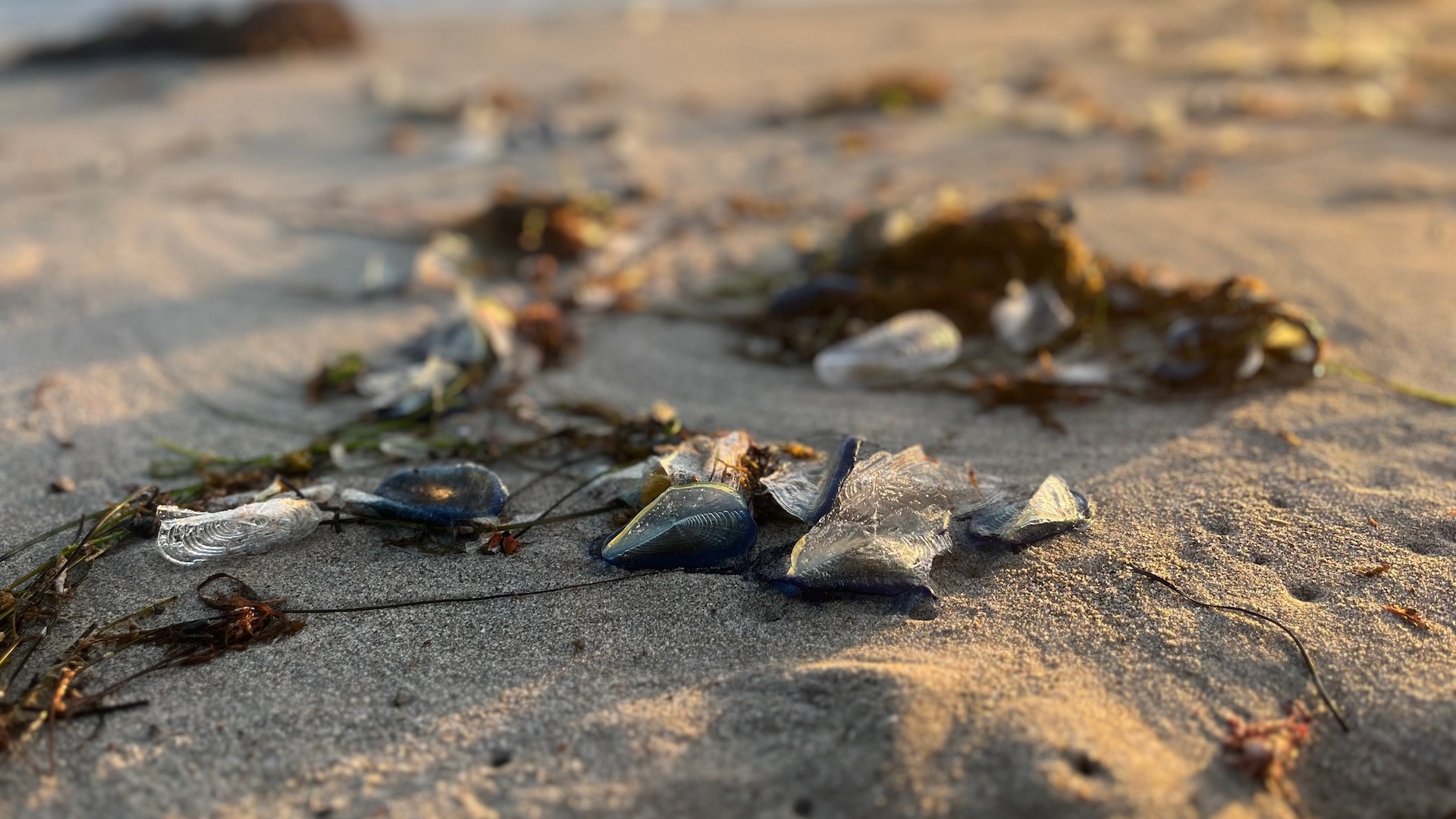
Thousands of strange, blobby creatures are washing up on California beaches
By Skyler Ware published
What are the blue blobs washing up on California beaches? What to know about these strange sea creatures.
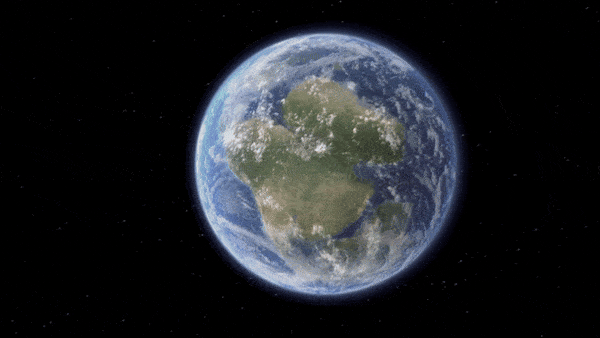
Massive magma eruptions may have ripped Africa and South America apart
By Stephanie Pappas published
Huge outpourings of magma accompanied the split between South America and Africa 135 million years ago.

Estrogen may spur the body to make opioids after injury
By Nicoletta Lanese published
The female sex hormone estrogen, along with progesterone, appears to underlie a fundamental difference in how males and females process pain, a mouse study finds.
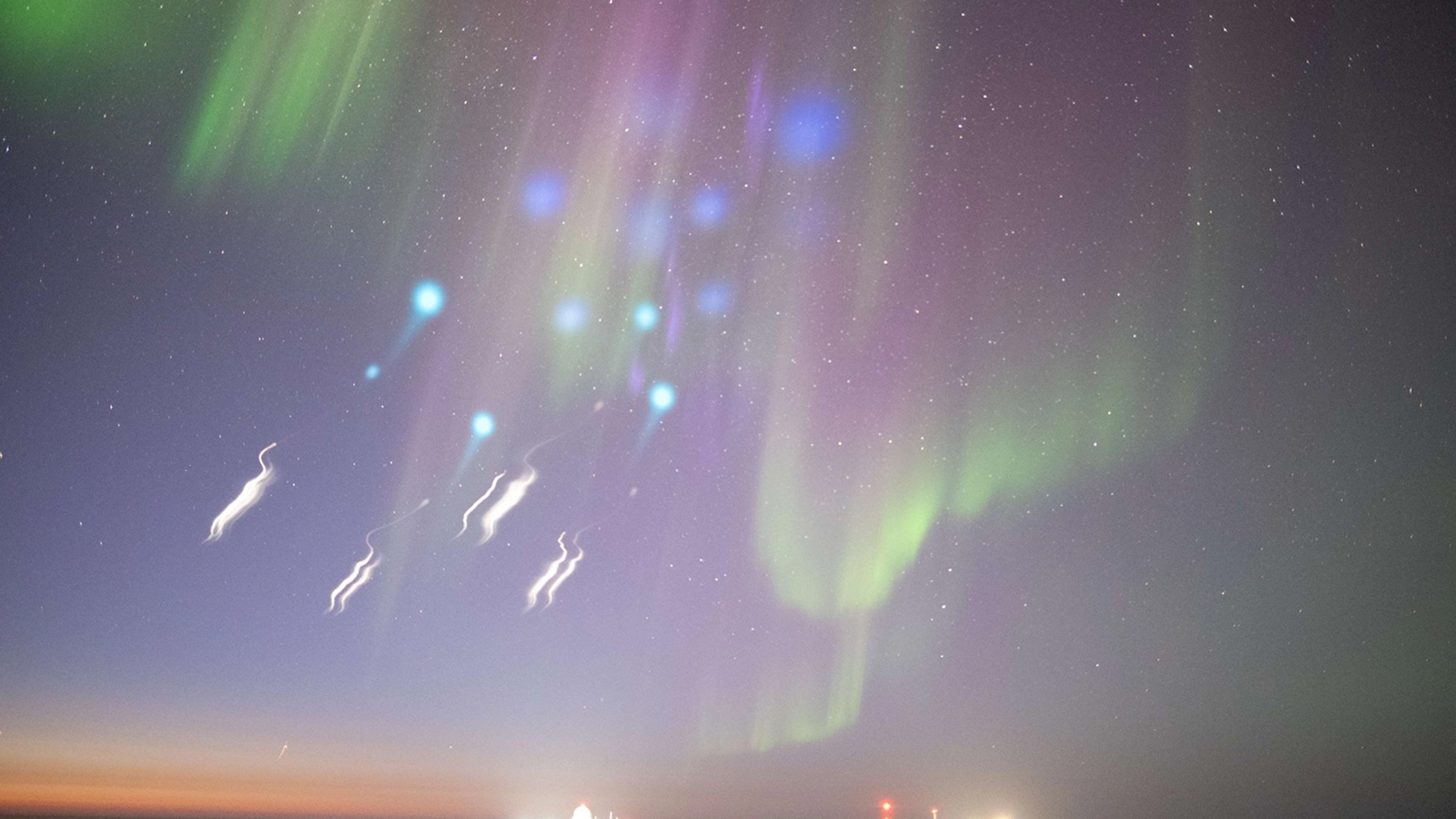
NASA launches rockets into auroras, creating breathtaking lights in Alaskan skies (photos)
By Samantha Mathewson published
The sounding rockets released vapor tracers and pressure sensors at different altitudes across central and northern Alaska during a sudden auroral substorm.
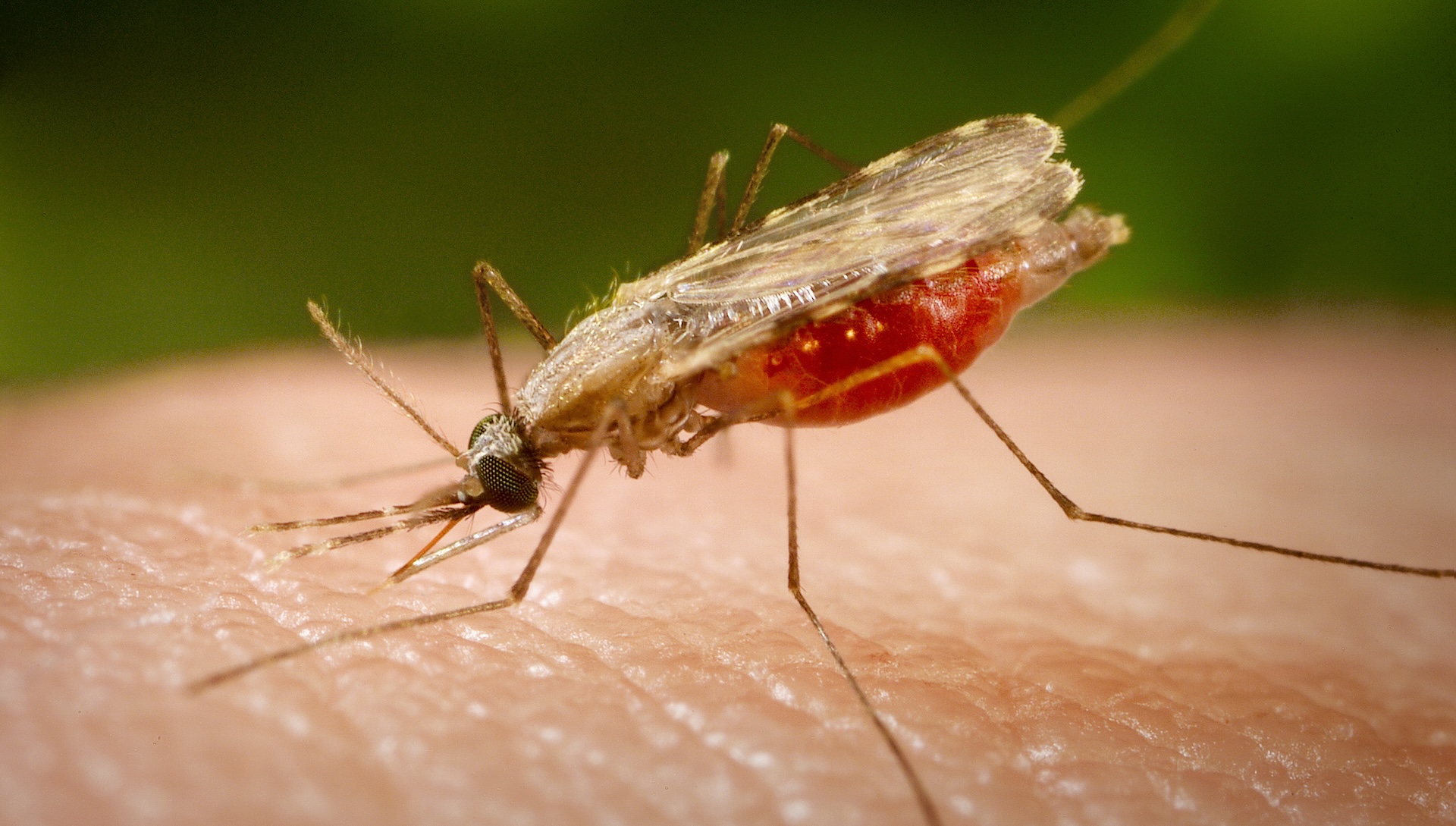
Drug makes blood toxic to malaria-spreading mosquitoes
By Emily Cooke published
Nitisinone, a drug that is already used to treat two genetic diseases, could be repurposed to control the spread of malaria, according to new research.
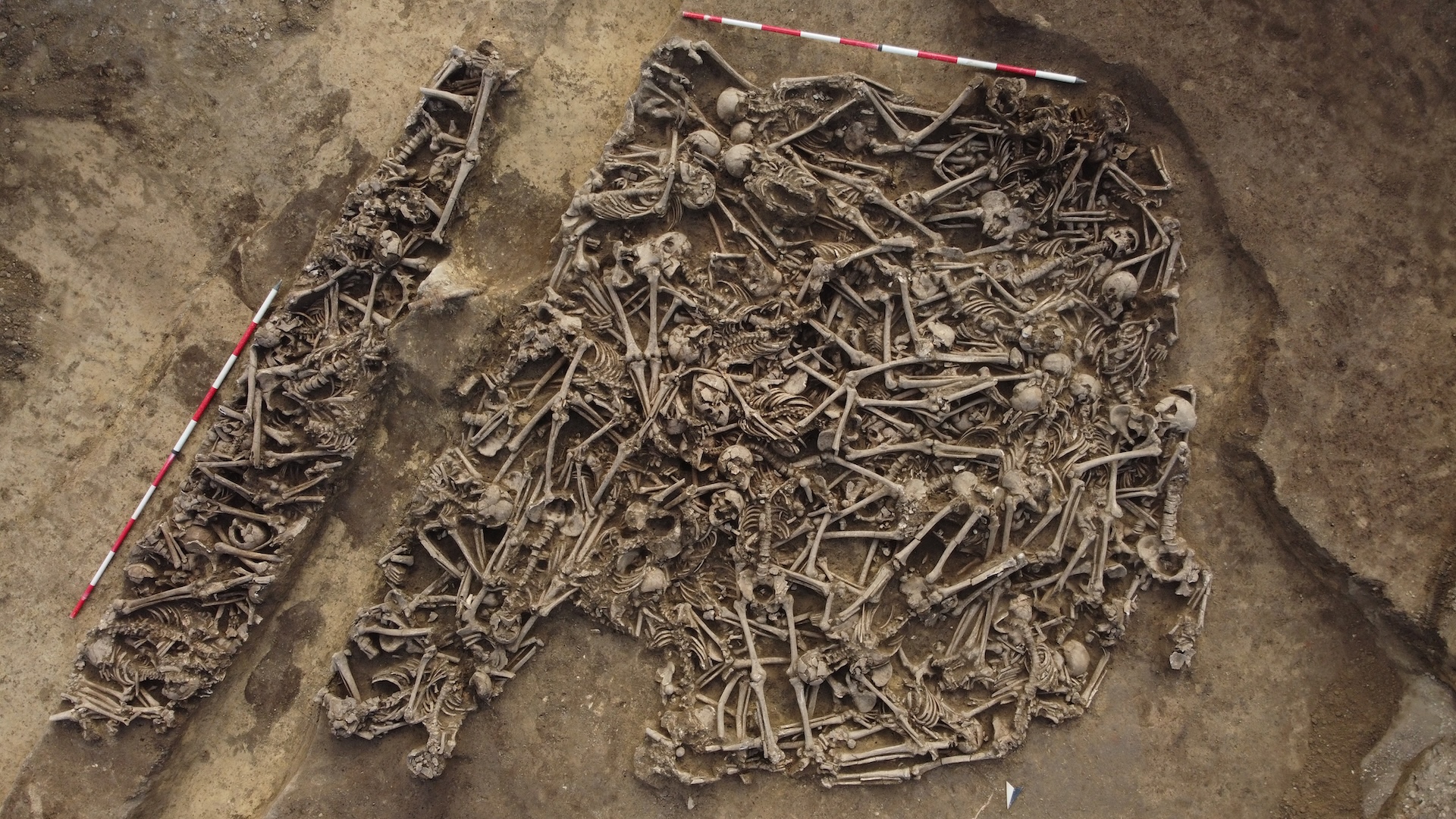
Mass grave of Roman-era soldiers discovered beneath soccer field in Vienna
By Tom Metcalfe published
Roman dead were often cremated, so the ancient mass grave in Vienna is a rare find.
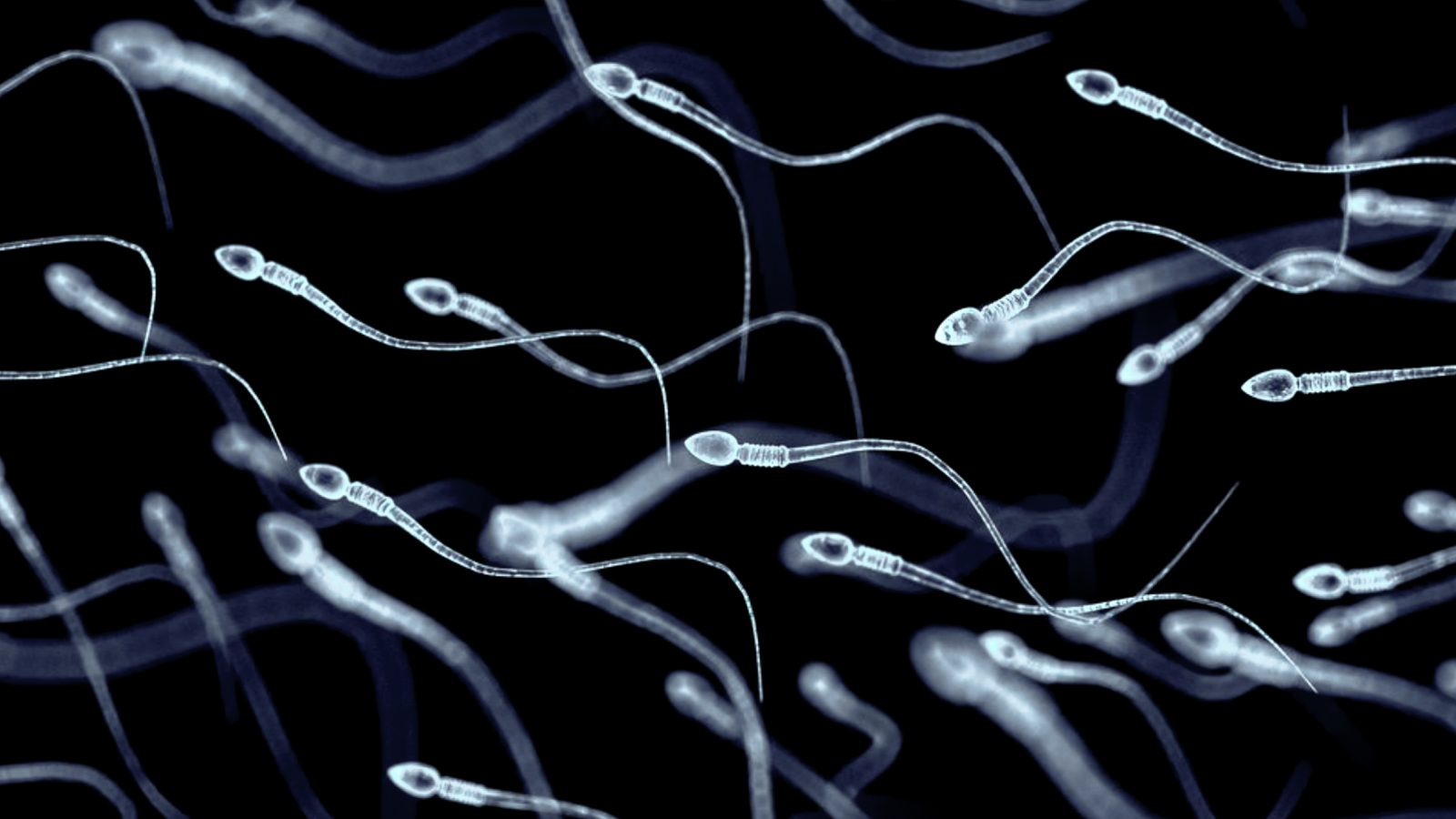
Man gets sperm-making stem cell transplant in first-of-its-kind procedure
By Clarissa Brincat published
A man in his early 20s received a transplant of his own sperm-producing stem cells, which had been frozen since his childhood, in an attempt to regain fertility. Doctors are waiting to see if the treatment works.
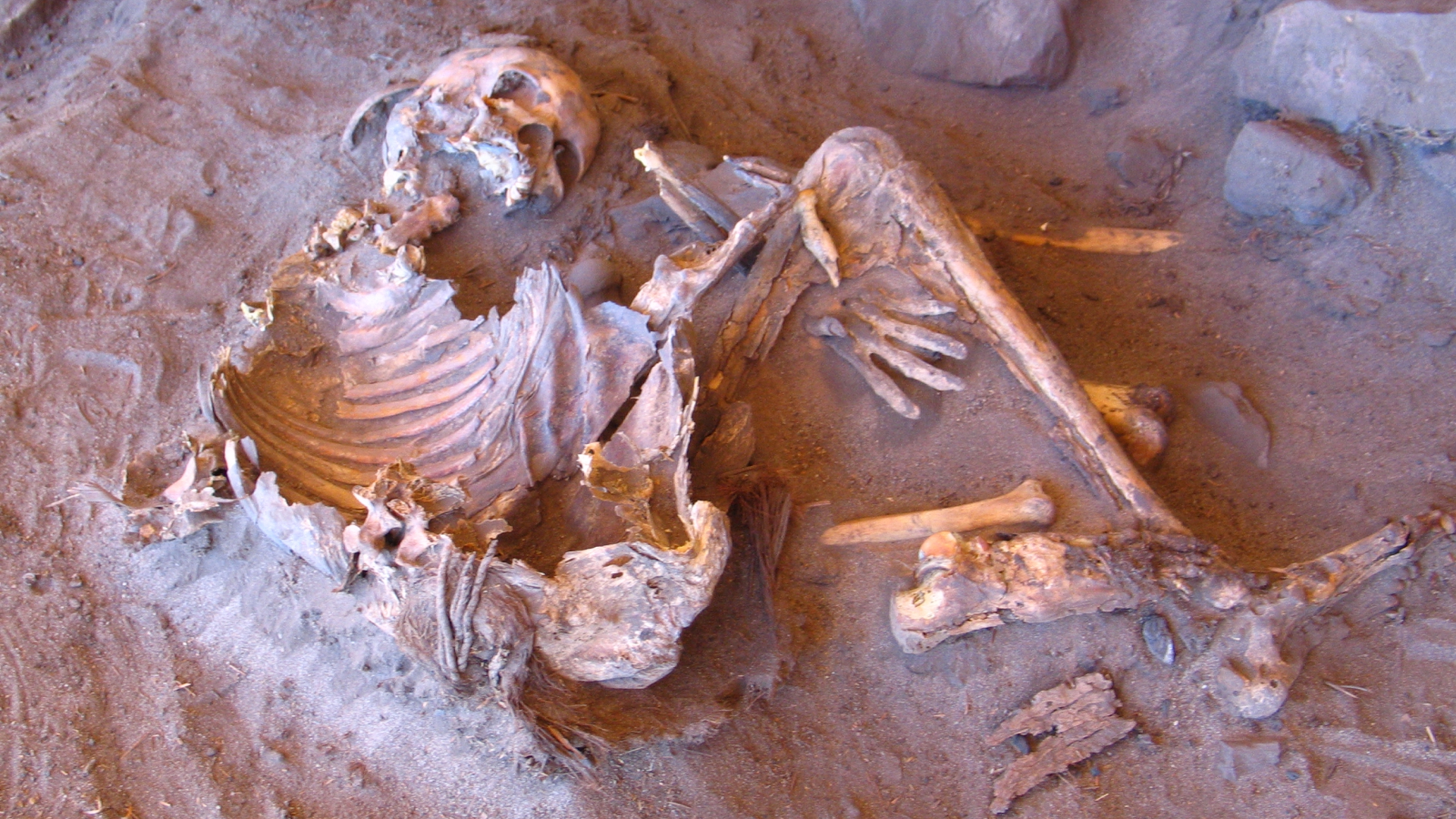
Unknown human lineage lived in 'Green Sahara' 7,000 years ago, ancient DNA reveals
By Skyler Ware published
Researchers analyzed the ancient DNA of two mummies from what is now Libya to learn about people who lived in the "Green Sahara" 7,000 years ago.
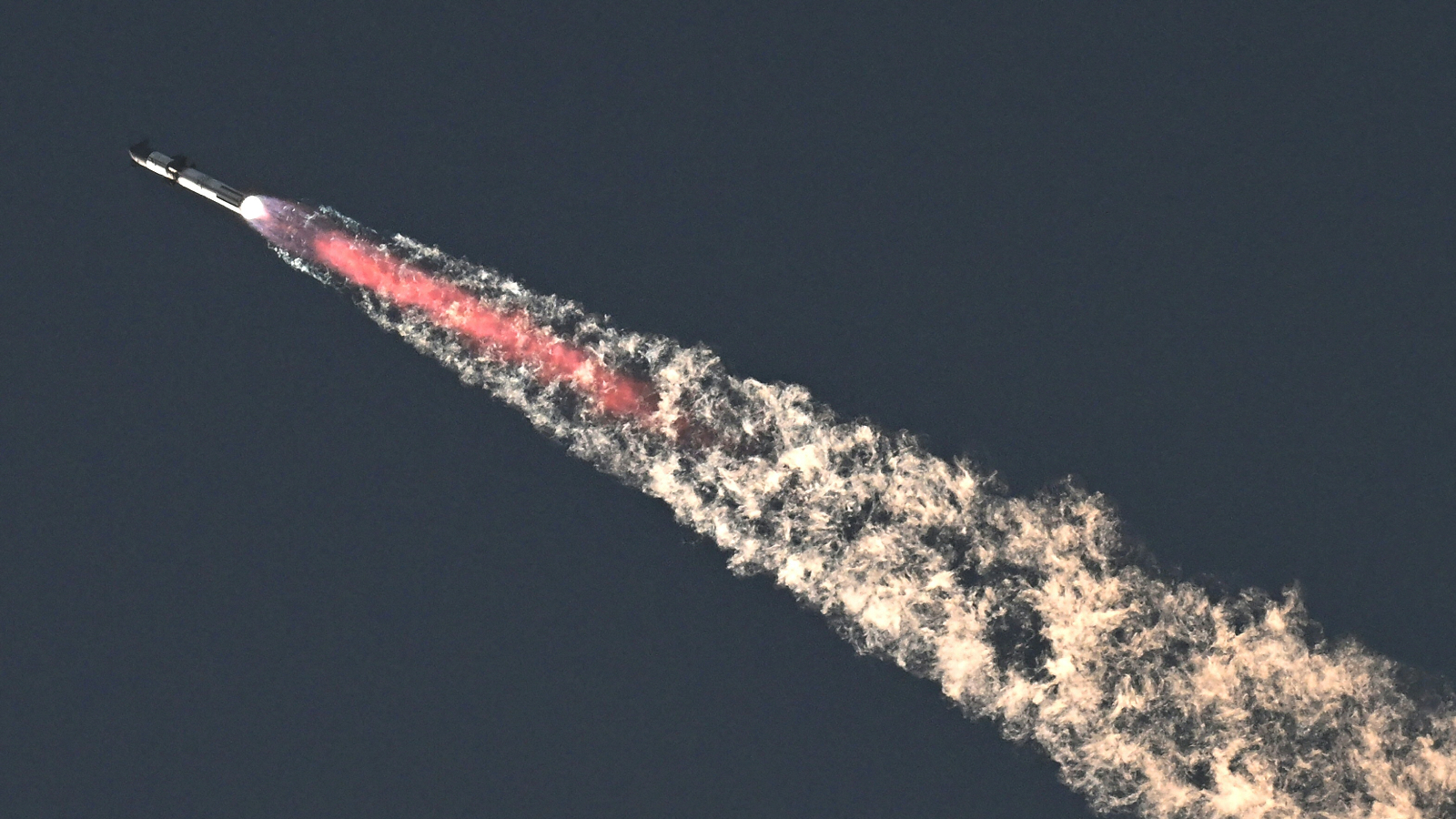
NASA signs new contract to use SpaceX's Starship — even though it keeps blowing up
By Harry Baker published
SpaceX's Starship has been awarded a NASA contract that will allow it to be considered for future missions. However, recent explosive tests have shown the supersized spacecraft is still far from mission-ready.
Sign up for the Live Science daily newsletter now
Get the world’s most fascinating discoveries delivered straight to your inbox.
